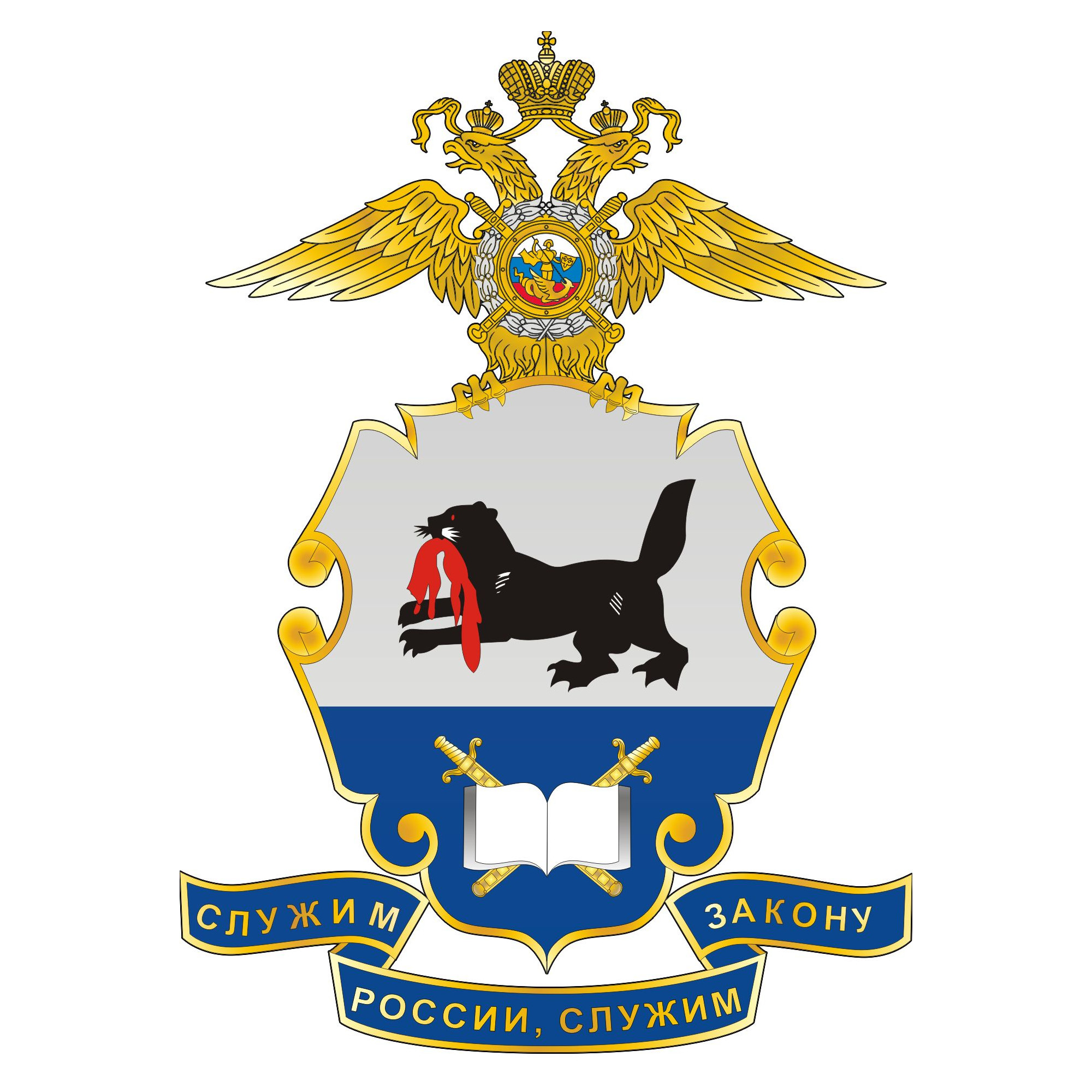Russian Federation
Introduction: the article considers some aspects of application of methods of persuasion, coercion and encouragement to stimulate service discipline in the activities of internal affairs bodies. The peculiarities of correlation and application of these methods on the basis of a balanced approach in order to avoid templates and stereotypes in the activities of heads of departments of internal affairs bodies are studied. The methods of persuasion, coercion and encouragement are considered in close interrelation with disciplinary responsibility, which determines the essence of disciplinary coercion based on the unified requirements of the principle of justice. Coercion is described as the most frequently used method of managerial influence, finding its expression in various management methods formed from it: psychological, social, administrative and economic. The article studies the application of measures of encouragement of employees of internal affairs bodies in the context of mandatory compliance with the requirements of publicity. Materials and Methods: The methodology of the work includes a set of methods of scientific cognition determined by the subject and objectives of the study: dialectical method, analysis, synthesis, generalization, induction, deduction. An important role is assigned to special legal methods (formal legal, technical legal, method of interpretation of legal norms) contributing to the disclosure of the content of regulatory material. The Results of the Study: The development of the system of disciplinary responsibility at the present stage imposes new requirements to the use of methods of persuasion, coercion and encouragement in order to stimulate service discipline in internal affairs bodies, which finds its expression in optimising the ratio of the application of these methods on the basis of a balanced approach. Failure to comply with these requirements leads to templates and stereotypes in the activities of heads of various internal affairs units. in the activities of heads of various departments of internal affairs bodies. Coercion as the most frequently used method of managerial influence is considered through the prism of management methods formed from it, such as psychological, social, administrative and economic. The measures used to encourage internal affairs officers are described in the context of mandatory compliance with the requirements of publicity. Findings and Conclusions: selecting the necessary ratio between the methods of persuasion, coercion and encouragement, the most balanced approach is required, since failure to take into account the state of the operational situation and other emerging conditions leads to a pattern and stereo typicality of the IAB head's activities. The method of persuasion is a priority; however, in case of a violation of official discipline by a police officer, it is necessary to take measures of disciplinary coercion or public censure on the part of the staff of an IAB unit. When determining the measure of disciplinary punishment, it is necessary to adhere to the uniform requirements of the principle of fairness - compliance with the committed disciplinary offence and the form of guilt. When applying incentive measures, it is necessary to comply with the requirements of publicity.
legal responsibility, disciplinary responsibility, disciplinary punishment, service discipline, method of persuasion, method of coercion, encouragement of police officers.
1. Kant I. Sochinenija [Works]. Moscow: 1994,vol. 8.
2. Bodalev, A. A. Lichnost' i obshhenie [Personality and communication]. Moscow, 1995, 328 p.
3. Chernenilov, V. I. Primenenie metodov psihologo-pedagogicheskogo vozdejstvija pri reshenii operativno-sluzhebnyh zadach [Application of methods of psychological and pedagogical influence in solving operational and service tasks]. Justitsky, 1989, 78 p.
4. Taktoeva V. V. Definitivnye, vidovye i specifikacionnye kriterii juridicheskoj otvetstvennosti [Definitive, specific and specification criteria of legal responsibility]. Vestnik Vostochno-Sibirskogo instituta MVD Rossii Vestnik of the East Siberian Institute of the Ministry of Internal Affairs of Russia. 2024, 2 (109), pp. 53-63. DOI:https://doi.org/10.55001/2312-3184.2024.61.17.005.
5. Kolmakova D.A. Ubezhdenie, prinuzhdenie i vnushenie, kak osnovnye metody, ispol'zuemye pravoohranitel'nymi organami [Persuasion, coercion and suggestion, as the main methods used by law enforcement agencies]. Vestnik nauki - Vestnik of Science. 2024, no.1 (70), vol. 3. pp. 269-273. (date of reference: 05.10.2024)
6. Kozlov Yu.M., Ovsyanko D.M. Administrativnoe pravo [Administrative law]. M. : Jurist, 2004. 697 p.
7. Chernikov V.V. Organizacija i dejatel'nost' organov vnutrennih del Rossijskoj Federacii : sbornik normativnyh aktov [Organization and activity of the internal affairs bodies of the Russian Federation. Collection of normative acts]. Moscow: Yurid. lit., 1994.
8. Pokhodieva N. N. Ponjatie disciplinarnoj otvetstvennosti sotrudnikov organov vnutrennih del [The concept of disciplinary responsibility of employees of internal affairs bodies]. Nauchnyj jelektronnyj zhurnal Meridian - Scientific electronic journal Meridian. 2020, no. 5 (39), pp. 209-212.
9. Kapustina I. Y. Osobennosti privlechenija sotrudnikov OVD k disciplinarnoj otvetstvennosti v sootvetstvii s dejstvujushhim zakonodatel'stvom [Features of bringing police officers to disciplinary responsibility in accordance with current legislation]. Jekonomika. Pravo. Innovacii. - Economy. Right. Innovation. 2017, no. 1 (3), pp. 60-61.
10. Saetgaraev V. F. Politika sodejstvija grazhdanskogo obshhestva v dejatel'nosti policii SShA [The policy of promoting civil society in the activities of the US police]. Vestnik Vostochno-Sibirskogo instituta MVD Rossii - Vestnik of the East Siberian Institute of the Ministry of Internal Affairs of Russia. 2022, 1 (100). pp. 197-213.











